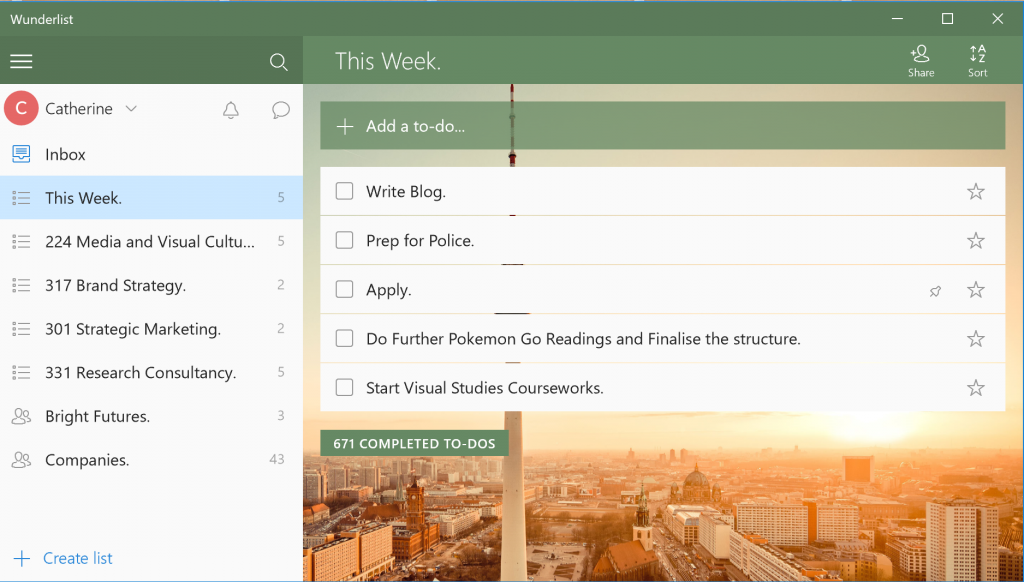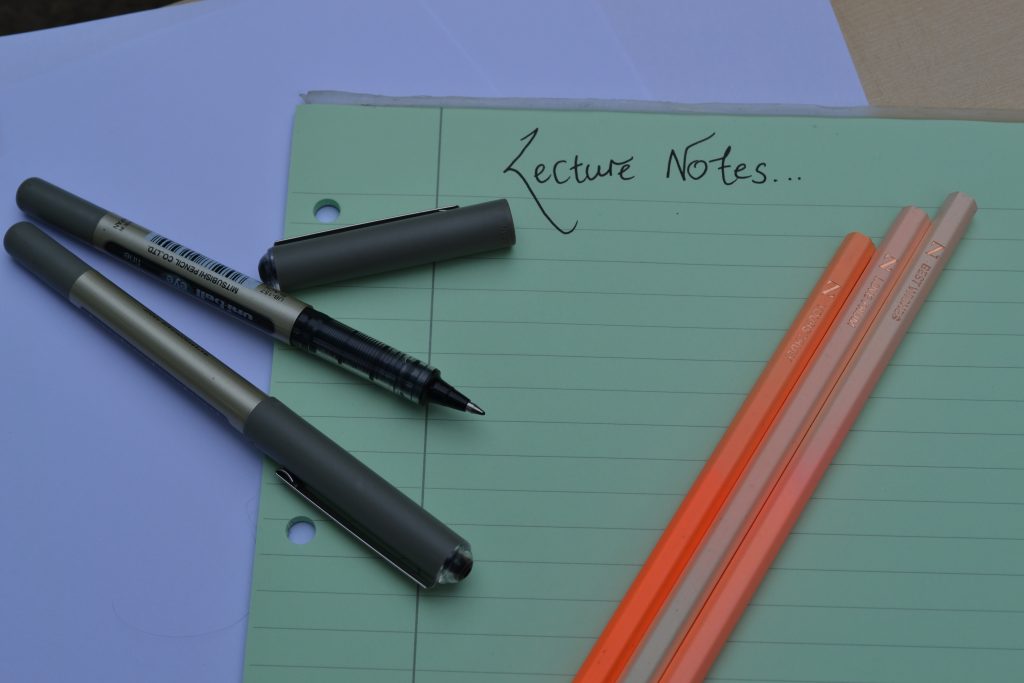 by Catherine (Student Blogger: BSc Computer Science)
by Catherine (Student Blogger: BSc Computer Science)
Energy drinks didn’t make the cut. We are well into second term and you may have found that motivating yourself to work is difficult. Don’t panic. This is normal. At University, we can often feel torn between studies, leisure, developing skills, and socialising. Here are my tips for boosting your productivity.
Go Exploring
Going for a walk may seem like a waste of time when you have things to do, but it can help you to recollect your thoughts and focus on the task.
If you live on campus, try walking to an area of campus you’ve never visited before, or around the field at the front of university. If you have the time, take a relaxing walk along the nature trail.
If you live in town, you could walk along the canal and try to spot the swans. Another possibility is to grab a coffee at the train station. Relaxing in an environment focused on schedules, surrounded by a rush of people, can offer motivation in a unique manner.
Use a Daily Planner
Buy a planner and write a list of tasks to complete each day.
Ticking off each task will feel like an achievement, and you won’t forget any important meetings or deadlines. You don’t need to plan each day down to the hour, and you can leave one day a week free to relax and catch up on any tasks you didn’t get the chance to complete.
Don’t Base Your Social Life on Alcohol
Whether you’re heading to the pub or on a night out, drinking alcohol can help you to relax after a stressful week. However, it can leave us with nasty hangovers, which will make getting any work done a problem. It is important to have a good balance of social activities, especially when you have many deadlines and can’t afford to take a morning off to recover.
You and your friends could take turns each night for a week to cook a meal for the group and vote for the best dish, or if you have different interests you could try out each other’s favourite hobby. If you have similar hobbies, you could try out a society together.
Research Careers
Some people may already know what career they would like to pursue, whereas others may not be so sure. Spend some time researching what you may like to do, and which path can take you there.
Are there graduate schemes available in your field? Would you like to work for a small company or a worldwide brand? Researching where you are going and how you will get there can help you to focus on your studies and hone in on the skills essential for what you want to do.
The Lancaster Award
The Lancaster Award rewards students who take part in extra-curricular activities. You will be developing career-focused skills, and reflecting on this process. It involves becoming more involved in University activities as well as possibly starting volunteer work or getting a part-time job. The Careers service also offer numerous skill workshops, which you can browse and book on TargetConnect.
The Lancaster Award can motivate you to seek new opportunities and use your free time effectively.
Futhermore, as with researching careers, looking towards your prospects and working towards your career goals can help you to feel more productive and strive for the best in all that you do.

 by Sara (Student Blogger: BA Hons Linguistics)
by Sara (Student Blogger: BA Hons Linguistics)



 by Catherine (Student Blogger: BSc Computer Science)
by Catherine (Student Blogger: BSc Computer Science) entao (Student Blogger: BA English Language and Linguistics)
entao (Student Blogger: BA English Language and Linguistics) by Nevena (Student Blogger: BSc Hons Business Studies (Industry))
by Nevena (Student Blogger: BSc Hons Business Studies (Industry)) by Catherine (Student Blogger: BSc Hons Computer Science)
by Catherine (Student Blogger: BSc Hons Computer Science)